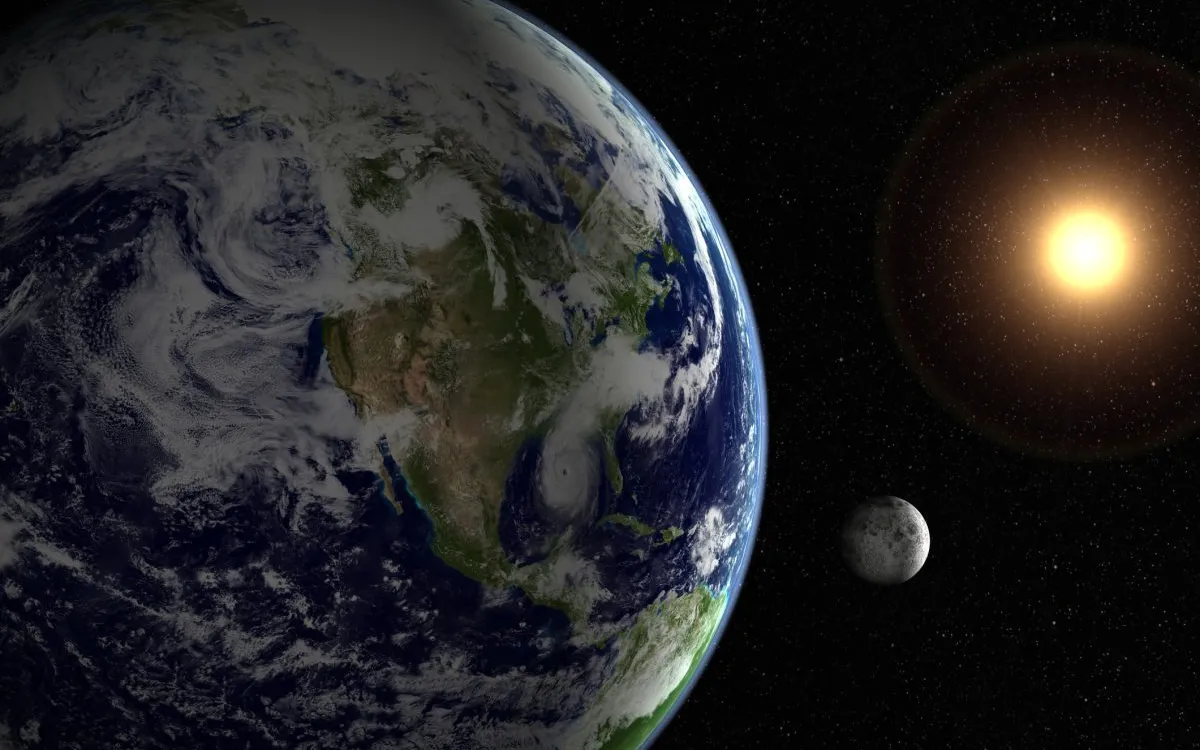
Today marks one of the shortest days of the year, a phenomenon attributed to the fact that Earth's spin is inexplicably speeding up. While we typically enjoy longer hours of daylight during the summer months, it's important to note that the full day on 9 July 2025 will be approximately 1.3 milliseconds shorter than the average day. Normally, our planet completes a full rotation around its axis in 24 hours, which equals 86,400 seconds, but this rotation rate does experience minor fluctuations.
The International Earth Rotation and Reference Systems Service (IERS) plays a crucial role in tracking these changes, measuring the length of the day with high precision. In 2020, the IERS observed a notable increase in the speed of Earth's rotation, a trend that has continued steadily since then. According to their data, the shortest days of the year are projected to occur on 9 July, 22 July, and 5 August, coinciding with when the Moon is at its furthest point from the equator.
The Moon has a significant influence on our planet's rotation through a process known as tidal braking. This phenomenon occurs as the Moon's gravitational pull causes the Earth to bulge, which in turn creates tides. This deformation leads to a gradual loss of momentum in Earth's rotation, resulting in a slowdown of approximately 2 milliseconds per century. To put this into perspective, during the time of the dinosaurs in the Triassic Era, approximately 200 million years ago, a day was just under 23 hours long. In contrast, in another 200 million years, a day could extend to about 25 hours.
The IERS occasionally adds a leap second to the year to ensure that high-precision clocks remain accurate. The most recent leap second was added on December 31, 2016. Interestingly, when the Moon is positioned further from the equator, its braking effect is less pronounced, resulting in slightly longer days. However, the recent measurements indicate that days are now a full half millisecond shorter than those recorded before 2020.
While certain events can alter Earth's rotation—such as the 9.0 Japan earthquake in 2011, which shortened the day by 1.8 microseconds—the underlying cause of the current acceleration in rotation remains a mystery. Fortunately, this change is not expected to have any catastrophic effects on our planet; the variations are too minuscule for anyone to notice. Nonetheless, this trend has led the IERS to decide against adding a leap second in 2025, with the possibility of needing to reinstate one in 2029.
Regardless of the cause behind this recent acceleration, it is unlikely to be a permanent shift. Scientists believe that our planet will eventually revert to its long-term rotational pattern, characterized by a gradual winding down. As we continue to monitor these fluctuations in Earth's spin, understanding their implications remains critical for future timekeeping and our comprehension of planetary dynamics.